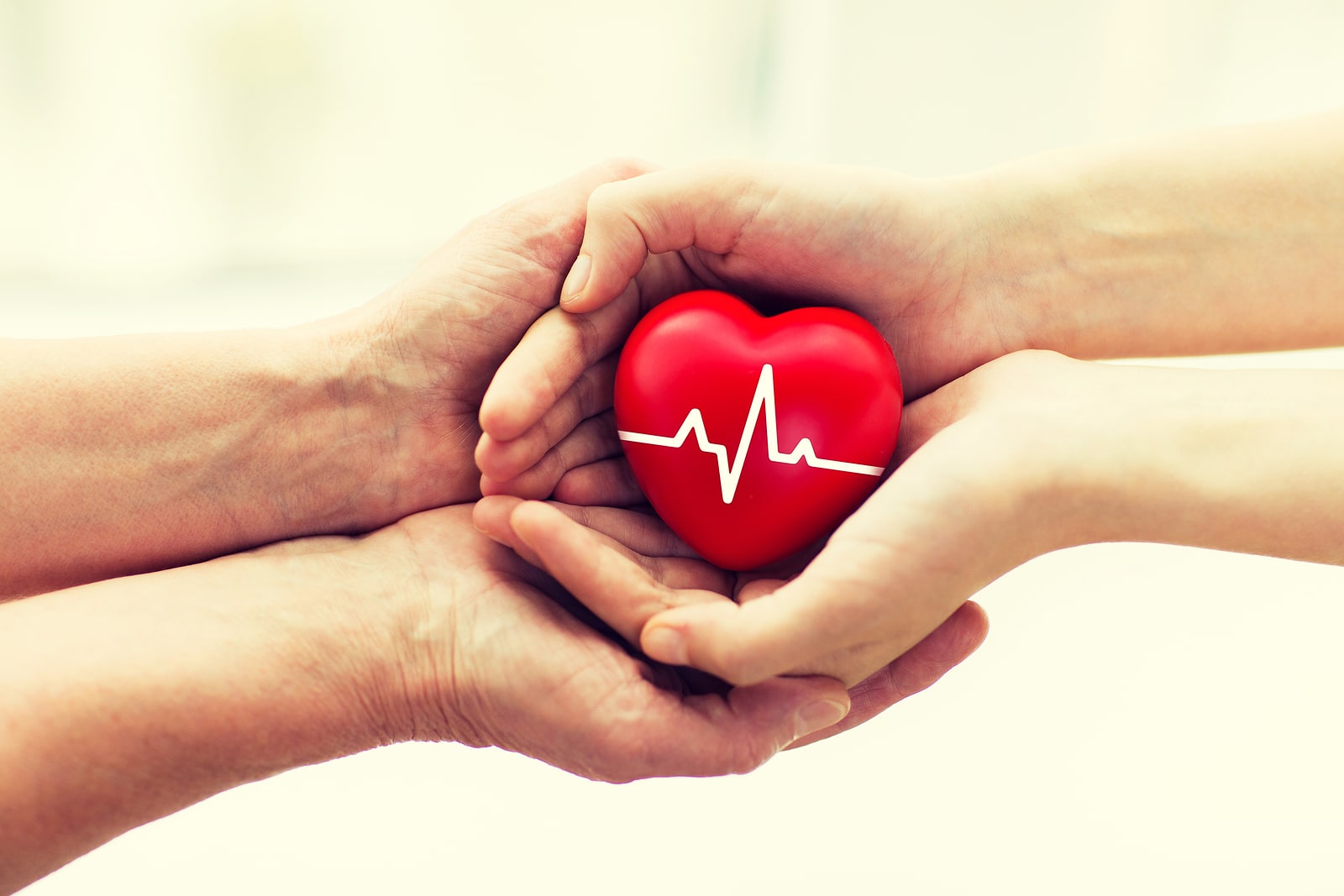
The highest number of organ transplant procedures were for kidneys followed by the liver, heart, lungs and pancreas. One patient benefited from the donation of a small intestine. Tissue donation includes heart tissue, bone, skin and eye tissue. In 2017 around 9,600 Australians benefited from eye and tissue transplants.
Only one in three Australians are registered on the Australian Organ Donor Register despite over two thirds of Australians believing that registering as a donor is important. Families of deceased persons play an important role in the donation process and 90 percent of families consent to donation if they know their loved one is a registered donor, however this drops to 44 percent when the deceased family member is not on the register and has not discussed their wishes with family. Organ donation is medically possible in less than two percent of all deaths.
Registration is a simple online process and requires only a person’s Medicare card number. The Australian Organ Donor Register is administered by the Department of Human Services. They process registrations and send out a confirmation letter along with a donor card. Registered donors are able to update their preferences via the MyGov website at any time.
The Australian Government Organ and Tissue Authority lists some myths and misconceptions which may prevent people from registering. Contrary to belief by some age, religion and health usually do not prevent someone from registering as a donor. Some people believe that they are registered because they agreed to become a donor when they obtained their driving licence but state-based licence registers no longer exist and all those wishing to become a donor must join the Australian Organ Donor Register.
In an effort to close the gap between the number of people willing to be donors and the number of people actually registered, this year’s DonateLife theme is What Are You Waiting For? DonateLife along with Tonic Health Media will be putting promotional posters and video content in more than 1650 GP clinic waiting rooms and 300 pharmacies around the country until October.
DonateLife also provides resources donors and their families, educators, and health professionals. Resources for health professionals includes a Professional Education Package (PEP) which includes introductory donation awareness training, family donation conversation workshop. The Organ and Tissue Authority funds all Australian states and territories to conduct PEP workshops through the DonateLife Network.
